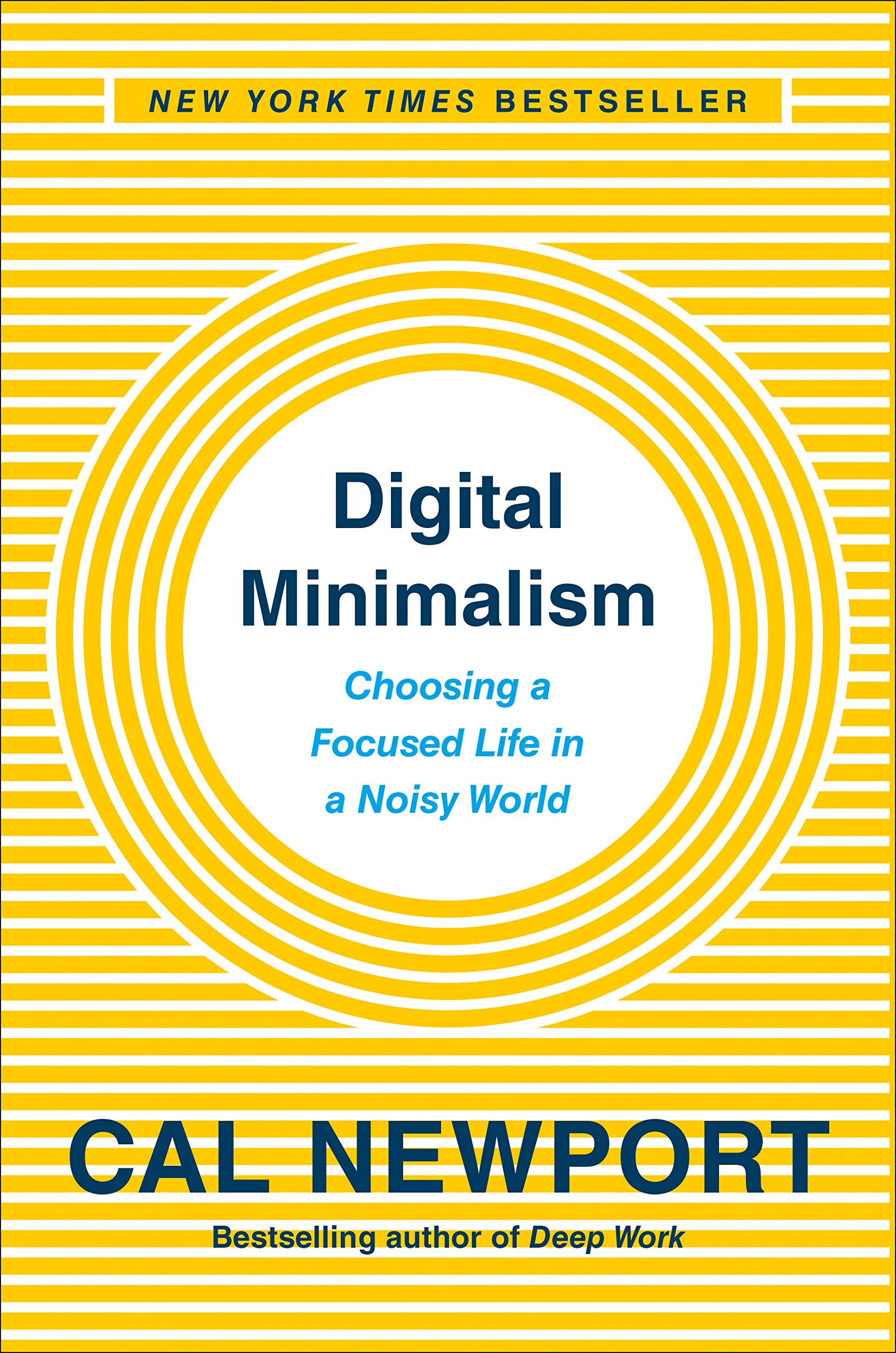Using Social Media Without Using Social Media – A Creator’s Struggle as a Digital Minimalist.
The power of the groundswell described by Li
and Bernoff comes from the changing balance of power from traditional
institutions to people. People are using technology to get the things they need
from each other such as social connection, information, and other resources. Many
companies have been successful in tapping into the groundswell by adopting
these technologies and meeting their customers on the networks they are on.
Because of this, the digital world has evolved into a complex landscape that is
much more difficult to navigate than it used to be.
But what happens when people start realizing social media
might not be as great as they thought it would?
I recall some events that made me question my relationship with social media in a post from my magazine, Venus Fly.
Despite being a part of our everyday lives, social media is a
pretty new concept and people are only beginning to realize the long-term
effects of it now—specifically the negative effects. It seems ironic that I am
writing a post about how social media can potentially be harmful for a course
about leveraging social media and reaching your target audience through groundswell
technologies. I wanted to address this topic because changes in people’s
relationships with social media can greatly affect how brands should approach
the groundswell moving forward.
 |
| Image Source: Amazon |
Cal Newport’s latest book, Digital
Minimalism, addresses the reverse side of the topics discussed in this
course from the view of a consumer. His main position is that many people do
not know how to be intentional with their social media usage and companies have
learned to take advantage of that in our attention-based economy. People are starting
to realize this compex relationship and are getting uncomfortable as shown
in the following passage:
“The source of our
unease […] is this feeling of losing control—a feeling that instantiates
itself in a dozen different ways each day, such as when we tune out with our
phone during our child’s bath time, or lose our ability to enjoy a nice moment
without a frantic urge to document it for a virtual audience.”
- Digital
Minimalism by Cal Newport
As both a consumer and a creator who uses social media and
blogging as my main platform, I am conflicted. I wondered would a career in
social media be sustainable if it has such a negative impact on my personal
life? But as we have learned throughout the course, it’s about the
relationships with people, not the technology. In the video below, YouTuber
Matt D’Avella addresses this issue and goes through a 30 day social media detox
experiment. Ultimately, he is successful and finds other ways to communicate
with his audience without ever opening Twitter or Instagram.
There are tons of apps and programs out there for brands to
manage social media accounts and help break through the clutter. Perhaps
ordinary people like you and me can use them too. What does this mean for the
future of social media? What can brands do to reach their audiences better in
this complicated environment? Let me know your thoughts in the comments below and I’ll
see you next week!

I agree with your point that sometimes we should think about the negative impact which is brought from social media. We should decrease the time and energy in social media. It is such an addiction that influences many people in daily life. As the video mentions, we should intentionally control ourselves to spend time on social media.
ReplyDeleteI found this very interesting, especially because I know a lot of people who feel like social media impacts them negatively, and who have given it up. Two friends of mine have even switched to flip phones because they didn't want the temptation and distraction anymore. Ultimately I think these feelings and people like my friends do not really detract from the power of social media because there are teams of people behind social media platforms making them more and more addictive, and people are bad at giving up their addictions even when science very clearly says that they are unhealthy. I do think brands are finding that the best way to advertise is by making it fun and entertaining for the audience.
ReplyDelete